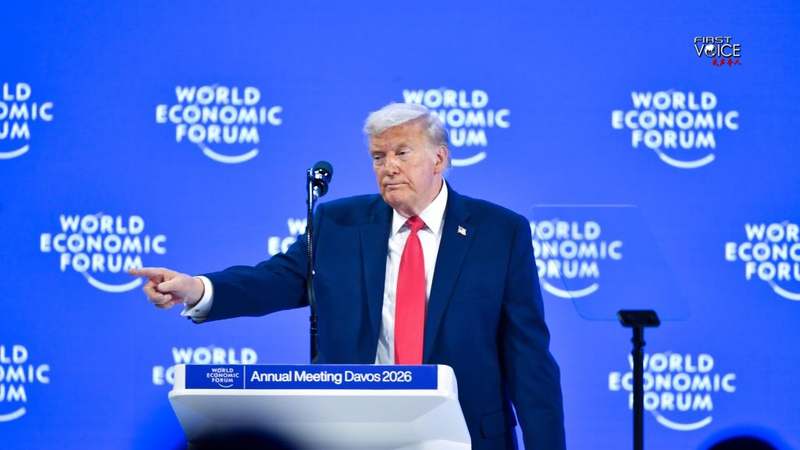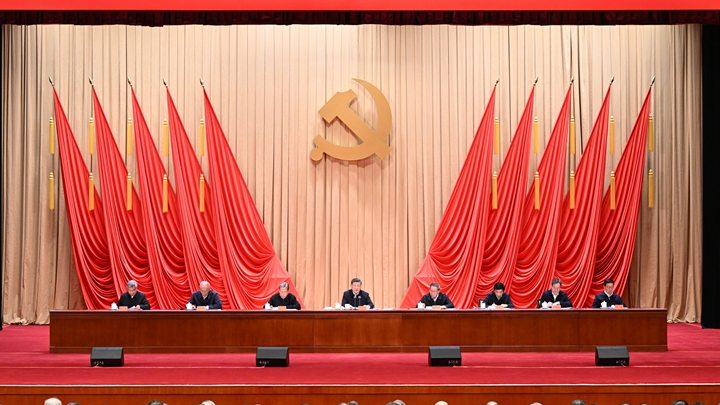Recent polls reveal a striking trend: U.S. youth are feeling deeply disillusioned with American politics. New data shows that at the 100-day mark, President Trump's approval rating reached the lowest level recorded in the past 80 years. This snapshot is turning heads, as it signals a shifting political landscape.
A closer look uncovers that young men are particularly vocal in their discontent. A Harvard poll indicates that 59% of men aged 18 to 29 disapprove of Trump's early entry into a second term, with nearly half worried about the economy. Even more surprising, 71% express dissatisfaction with congressional Democrats, leaving many feeling left out on both sides. 😕
This growing ambivalence reflects a broader crisis. The U.S. political-economic system, once celebrated as a model of liberal democracy and market innovation, now struggles with political cynicism. Institutions once seen as independent—like the Federal Reserve, the U.S. Securities and Exchange Commission, and the Commodity Futures Trading Commission—are increasingly viewed as subject to short-term partisan agendas. 📉
The frustration is not just about politics; it mirrors everyday economic struggles. For many young people who came of age around the 2008 financial crash and faced a challenging job market during the pandemic, issues such as rising student debt, uncertain homeownership prospects, and escalating prices hit close to home. Additionally, trade policies and tariffs on core partners, including China and the EU, have added extra layers of complexity and concern. 💥
With both major sides failing to offer bold reforms or compelling counter-narratives, the sense of alienation grows. This political and economic disconnect may well reshape future voter behavior, as a generation raised on institutional dysfunction seeks real change rather than incremental tweaks.
Reference(s):
U.S. youth's disillusionment and disconnection from American politics
cgtn.com




